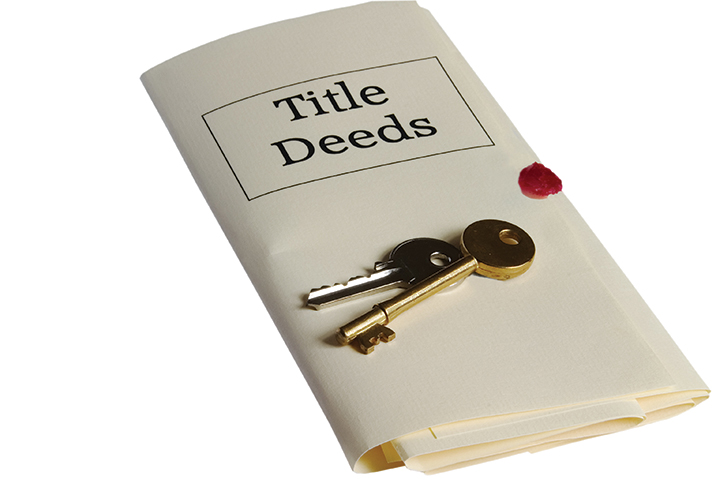
Easement investigation is an important part of any transaction
By Chris Kamarianakis
In the summer of 2019, Dave and Joanna moved into their newly purchased 1960’s bungalow in North York. Their Realtor helped them find this property, one that they wanted to build an addition onto and a pool in the backyard. A home inspector reported that everything was in order. The purchase concluded easily.
Two months after moving in, Dave contacted Protect Your Boundaries. The City had rejected their permit applications for the addition and the pool. There was (and always had been) a hydro easement over the back yard that would prevent their plans from getting the green light. Their nightmare had begun.
What Are Easements?
Easements are a way to legally use a piece of someone else’s property without actually owning it. Millions of properties in Ontario are affected by easements, their use ranging from shared driveways to backyard access, hydro and telco easements to construction and conservation easements. They are not visible to the naked eye, yet many affect how one can use their land. Easements are an important item to disclose when selling property, and a “must-know” when buying.
Is there an easement on my property?
If you know where to look, it’s easy to find out. Easements are on a property’s title and identified in the legal description as either ST (Subject To an easement), or TW (Together With – has an easement over another property). Further investigation into the easement instruments (legal documents on title) will provide a full description and explanation of the easement in question.
Easements are also shown on survey plans, the Parcel Register, property deeds and on web sites like ProtectYourBoundaries.ca.
What goes wrong?
An undisclosed or misrepresented easement by a seller can result in issues before closing and after. If caught before closing, it can give a buyer the opportunity to negotiate a lower price or even back out of the deal. If discovered after closing, it may prevent the buyer from using the property the way they wanted. They may be restricted from parking in their driveway, building a fence between houses, or building that deck, addition, or pool they had planned on. This, in turn can lead to title insurance claims or even legal action.
Easement investigation is an important part of any sale or purchase. Full disclosure on the listing by the seller and thorough investigation by the buyer are essential to ensure everyone walks away from the deal happy. Dave and Joanna’s example is far too common. Make sure you that your Realtor understands your vision for the property and investigates easements so you don’t get caught in an easement trap!
__________
Chris Kamarianakis is the CEO of Protect Your Boundaries and the BoundaryWise Academy which help home buyers, sellers and their agents make safer, better informed decision. www.BoundaryWise.ca




